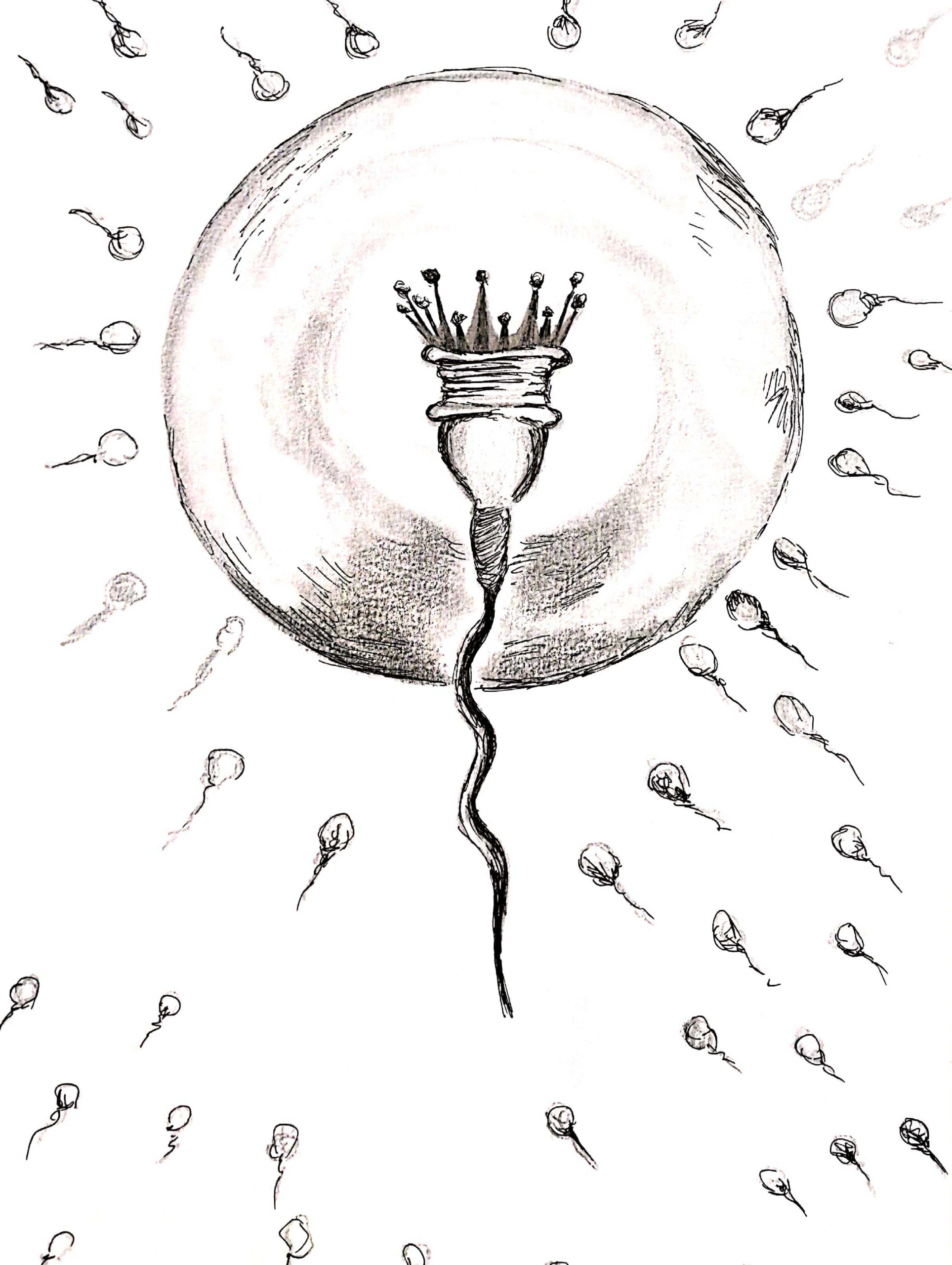The genetic material which determines human characteristics, such as eye color, height, etc, is carried in sets of what are known as chromosomes. Normally, humans have 23 pairs of chromosomes, including 1 set of sex chromosomes (which determine sex). In females, the sex chromosomes consist of two X chromosomes, while males have one X and one Y chromosome.
Klinefelter’s syndrome is a disorder in the sex chromosomes, where a male possesses an extra X chromosome. As a result, he is unable to produce sufficient amounts of testosterone. Without the required amount of the testosterone hormone, the development of the male reproductive system is hindered and the physical changes associated with male puberty cannot occur.
Testosterone is also a crucial player in the production of sperm cells, and males diagnosed with Klinefelter’s syndrome are usually azoospermic, with no sperm in their ejaculate. Indeed, Klinefelter’s is the most common cause of azoospermia among infertile men, occurring in about 1/500 birth.
Symptoms
Those with Klinefelter’s will often have learning disabilities as a child, along with behavioral problems and a low attention span. As an adult, the syndrome can be characterized by small testes, breast enlargement, above average height, weak bones, low sex drive, and fat accumulation around the hips and abdomen.
The symptoms of the condition may vary greatly among affected individuals. The signs may be so mild that it remains undiagnosed until adulthood.
Diagnosis
Klinefelter’s can be diagnosed using a special blood test called a karyotype, which can analyze the makeup of the chromosomes. It allows the doctor to identify if the patient indeed has an extra X chromosome.
As part of the diagnostic process, blood tests will also be used to measure hormone levels, to confirm the low amount of testosterone production.
Treatment
Once diagnosed, Klinefelter’s syndrome cannot be cured, however, those affected are treated with testosterone therapy. Besides its role in sperm production, testosterone is also an important factor in overall health, and therefore this therapy is important for one’s general well-being.
Klinefelter’s and Infertility
It is very rare for males with Klinefelter to have sperm cells in their ejaculate. However, in some cases, sperm cells can be found in a testicular biopsy. If so, these cells can be used for IVF-ICSI and the patient will be able to father biological children.
Many of those diagnosed with Klinefelter’s syndrome will opt for the use of donor sperm in order to start a family.


